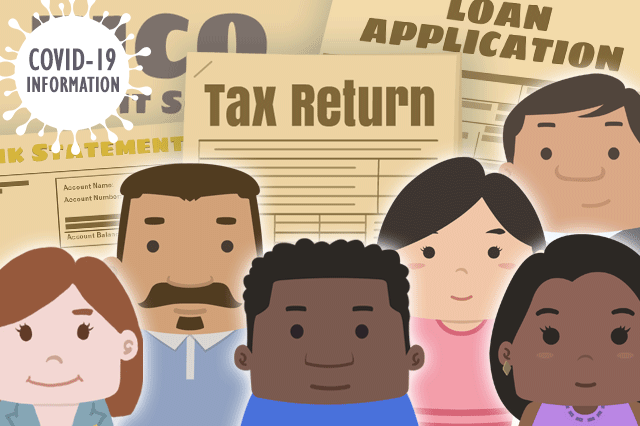FHA Loan Advice From HUD During the Coronavirus Outbreak

As the weeks wear on, with as many as 80% of Americans affected by stay-at-home orders and shelter-in-place orders, there is a real danger for many homeowners.
That danger includes falling behind on mortgage payments and the associated credit damage that can do. But the FHA and HUD have issued guidance for borrowers to help avoid loan default and foreclosure.
FHA lenders have been asked by the Department of Housing and Urban Development ”to use reasonable judgment” when trying to decide who is legitimately affected by COVID-19 for the purpose of evaluating the loan.
Your loan officer is required to identify the cause of loan default, and those who are worried about getting in trouble with their FHA loan must contact the lender as soon as possible. Even before missing any payments. Why? The earlier you call, the more options you may have. The longer you wait, the less flexible your relief options are.
Your lender may have the ability to help you if you don’t wait. What kind of help is available? According to HUD:
- During a foreclosure moratorium, your loan may not be referred to foreclosure if you were affected by a disaster;
- Your lender will evaluate you for any available loss mitigation assistance to help;
- Your lender may offer you a loan forbearance plan, loan modification, or a partial claim;
- Those who wait too long to get help may only have a pre-foreclosure sales option, or a deed-in-lieu of foreclosure.
DO NOT DELAY in contacting your lender for help. If you miss one payment, you have many more options than if you miss three payments. Contact your loan servicer as soon as you know you may have financial trouble for best results.
When the coronavirus outbreak began, the FHA and HUD issued a 60-day foreclosure moratorium; this does NOT mean that borrowers are automatically approved to skip payments or take other measures without contacting the lender for approval first.
If you have not spoken to your loan officer or loan servicer, you do NOT have the authorization to skip payments, delay payments, or make any other modification to your legally binding loan agreement. Contact your loan servicer to make arrangements on your loan if you need to, but don’t assume your ability to skip or delay payments is approved. You will need to work this out with the loan servicer.
------------------------------
RELATED VIDEOS:
Let's Talk About Home Equity
Understanding Your Loan Term
Your Home Loan is Called a Mortgage

Do you know what's on your credit report?
Learn what your score means.







